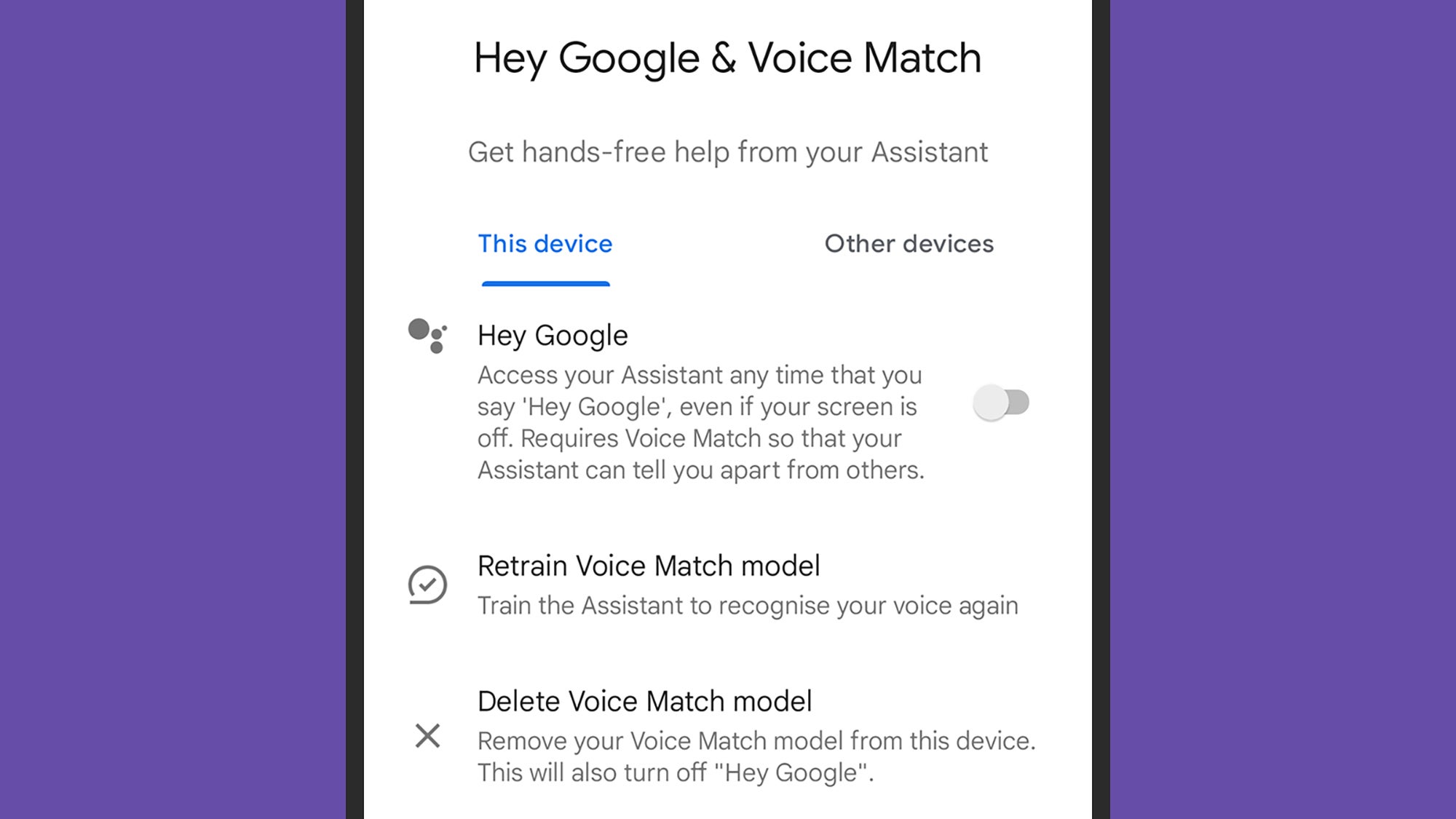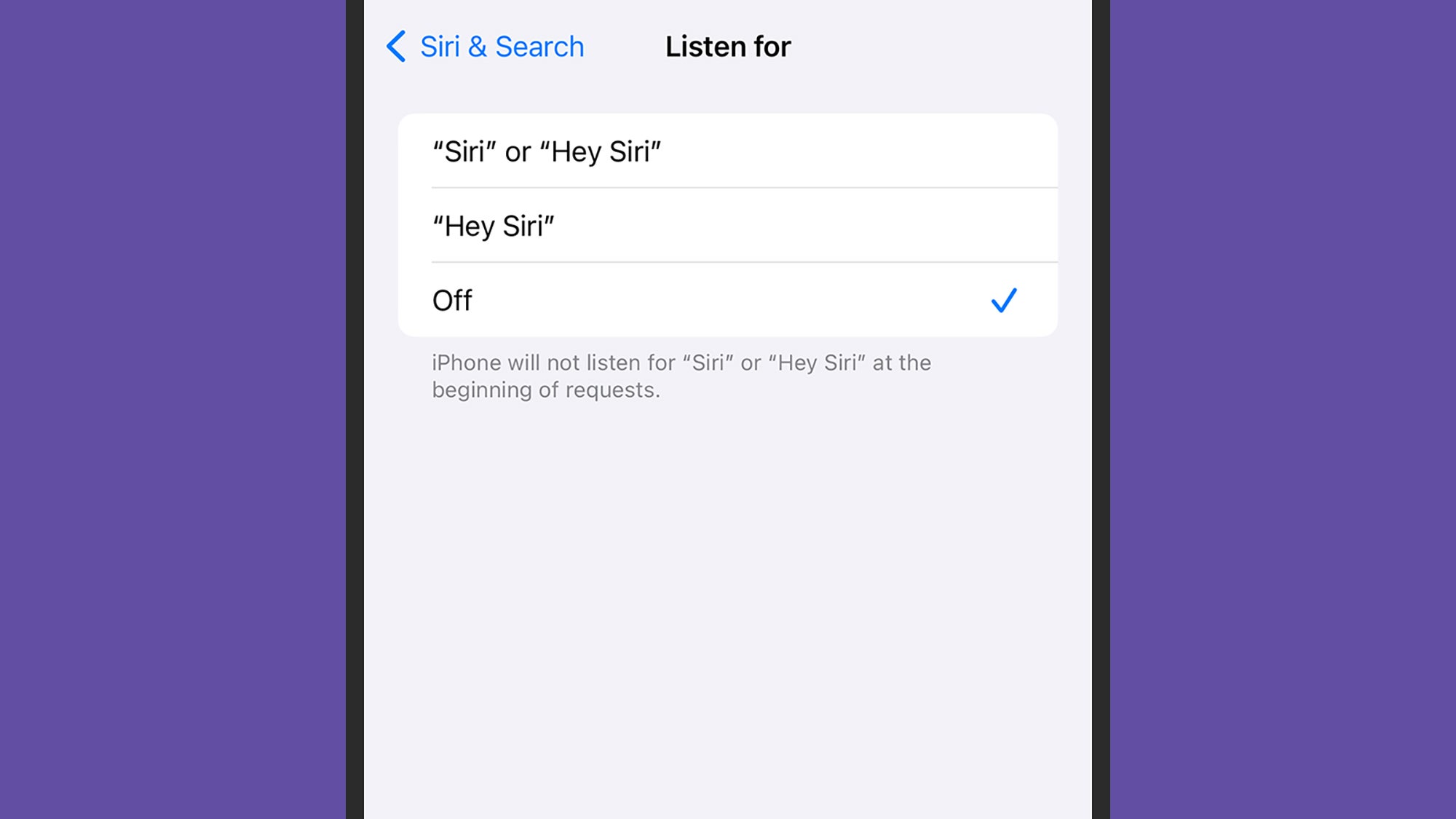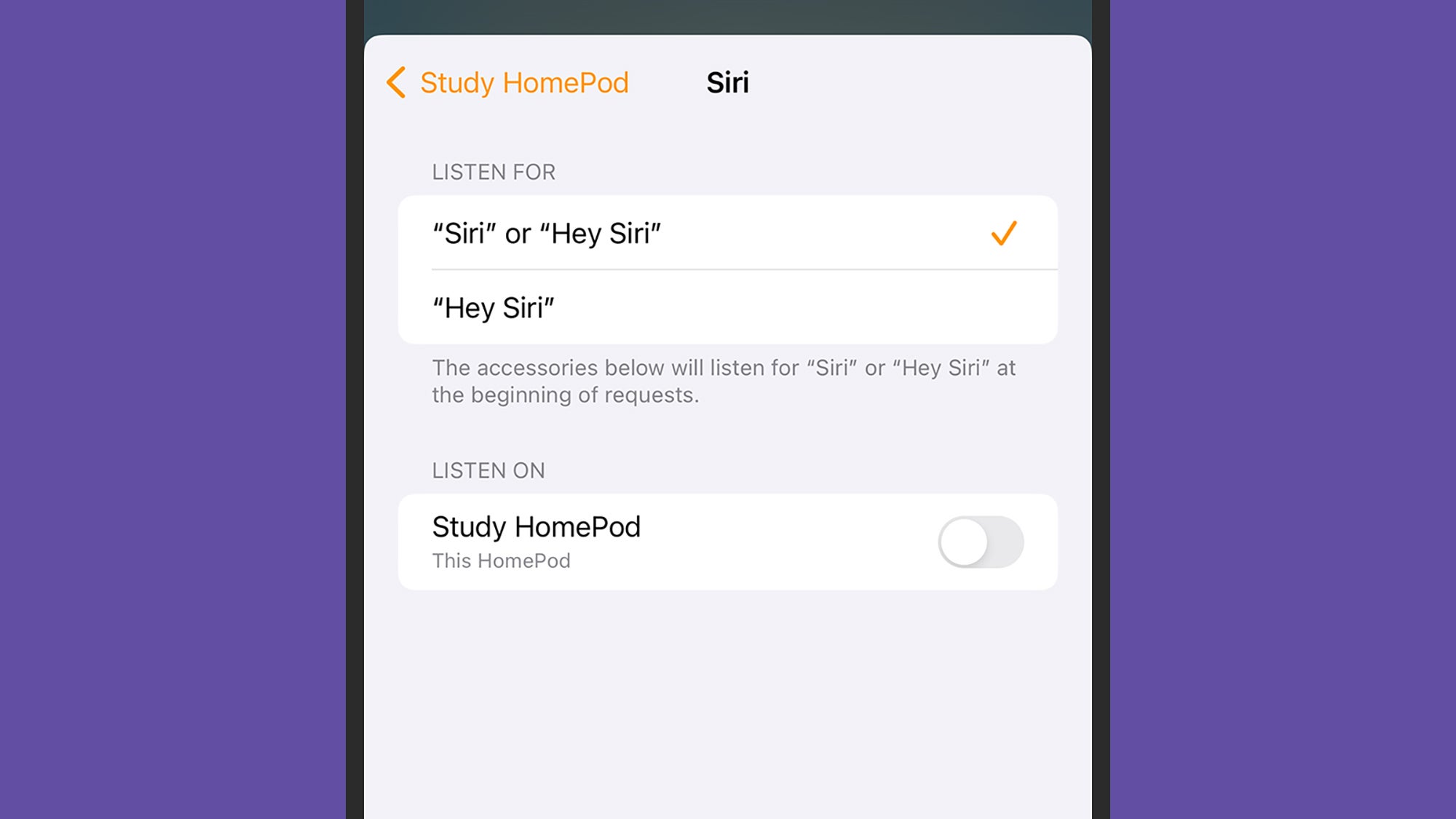Hey Google, stop listening. OK Siri, you too. And Alexa? Shhhh.
Our smartphones and smart speakers can listen for specific voice commands and take action accordingly, but maybe you don’t want your devices always having one digital ear open. Aside from privacy concerns, the smart assistants inside our gadgets can be triggered accidentally–by someone else in the house or even someone speaking on television. Turning off the constant eavesdropping can help too, so we’re going to tell you how to adjust your devices to stop listening all the time.
Note that this won’t disable voice control completely. It does mean you’ll need to manually activate the virtual assistant when you want to chat to your gadgets.
On your phone

If you don’t want your Google Pixel phone listening for a “hey Google” 24 hours a day, head to the main Settings screen.
- Tap Apps, then scroll down and tap Assistant.
- Select Hey Google & Voice Match.
- Under This device, turn the Hey Google toggle switch off.
You can still launch Google Assistant for a chat by pressing and holding the power button on your Pixel phone. If you use a Samsung Galaxy phone, it’s the same process for Google Assistant. But if you’re using Bixby, select Bixby Voice and Bixby Voice settings when you get to the Apps screen.

Over on the iPhone you’re making use of Siri, Apple’s digital assistant. To stop your iPhone from listening out for a “hey Siri” command:
- Open up Settings.
- Choose Siri & Search.
- Tap Listen for, then Off.
That’s all there is to it—you’ll no longer be able to activate Siri hands-free. You can still launch Siri for a chat by pressing and holding the Side button (on the right of the iPhone as you look at it), unless you also turn this off on the Siri & Search page.
On your smart speaker

Smart speakers from Google, Apple, and Amazon will by default listen out for voice commands, enabling you to get the weather forecast or turn off your smart lights with a voice command. No matter what model of speaker you have though, you can tweak this behavior.
If you own a Google Nest speaker, you need to find the physical mic-off switch. On the Nest Mini it’s underneath, on the Nest Audio it’s on the back, and on the Nest smart displays it’s around the back at the top. Your speaker will play a message announcing the change. If you want to start talking to Google Assistant again, you need to flick the switch the other way.
On the Apple HomePod and the Apple HomePod Mini, you can just say “hey Siri, stop listening,” then confirm the change. Alternatively, you can use the Home app installed on your iPhone.
- Select your HomePod speaker from the front screen.
- Tap the gear icon (lower right corner).
- Choose Listen for “Siri” or “Hey Siri,” then disable the feature.

You’ll need to use the Home app to turn listening back on because the speaker will no longer be responding to voice commands automatically. To manually put your HomePod in listening mode, tap and hold on the top of the speaker.
If you’ve got an Amazon Echo speaker, as with the Google speakers, there’s a physical mic-off switch. Whether you’ve got an Echo with or without a screen, you’ll see a button showing a circle with a line through it—tap this to stop the device listening for a “hey Alexa” command.
You’ll hear a brief tone, the button will turn red, and you’ll see a red light at the bottom of the speaker or the speaker screen. If you want to chat to Alexa in the future on this device, you need to turn the mic back on again.
With the mic disabled on your smart speaker, you’ll still have access to the other features, such as the ability to stream music through it—you just won’t be able to control these features with voice commands.
The HomePod and HomePod Mini differ from the Google and Amazon speakers in that you can still talk to your speaker when it’s not actively listening, with a press on the top. With Nest and Echo devices, it’s a case of turning the mic switch on and off to fully disable or enable voice interactions.





